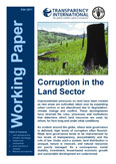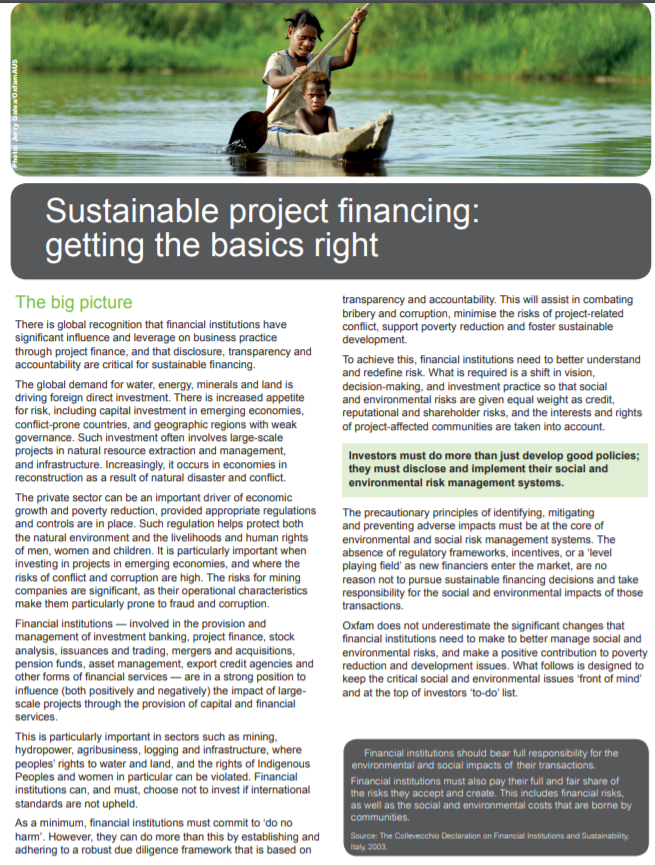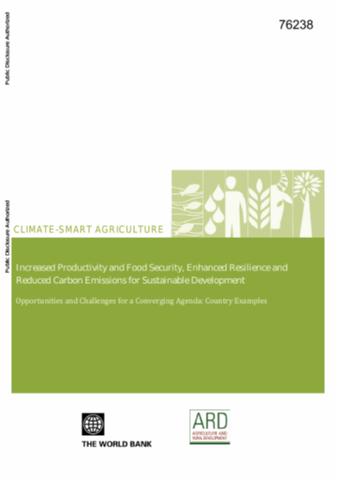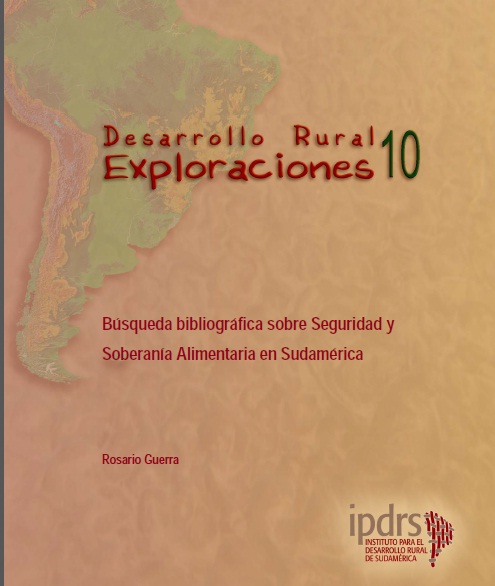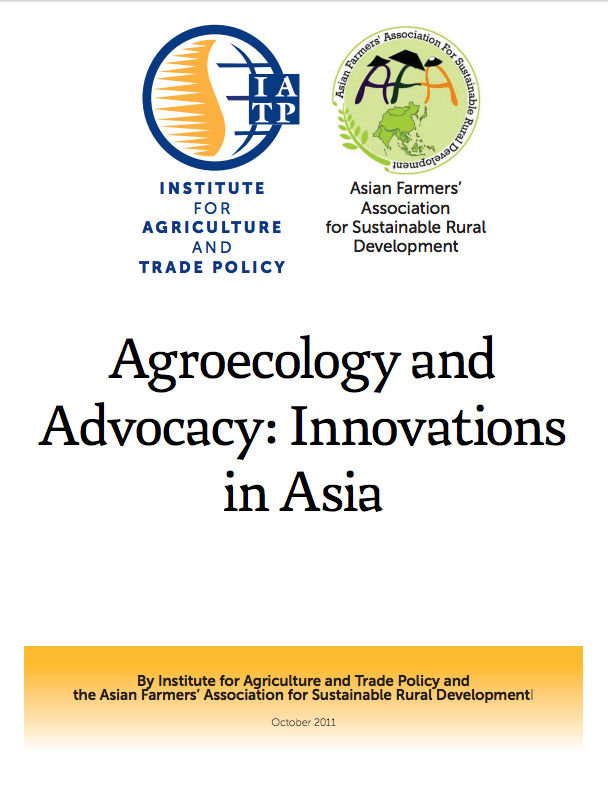Securing the Right to Land
Set against the backdrop of escalating food prices
and worsening food insecurity, the issue of land
becomes more relevant and urgent. The facts and figures
speak of a great irony. More than half a billion people
in Asia suffer from hunger and food insecurity, and too
often these are the small food producers, who comprise
farm laborers, tenants and small farmers. The region is
home to 75% of the world’s farming households, 80%
of which are resource-poor, and lack access to productive
land.


